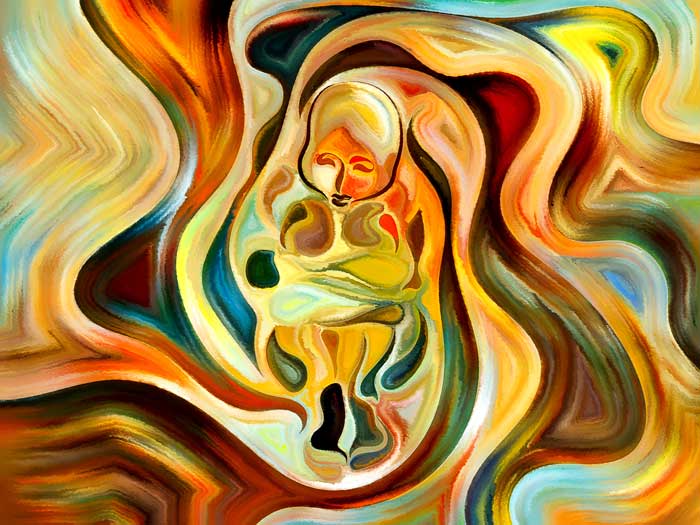By Sandy Baker
Could your loved one be suffering from depression?
Individuals who use drugs and alcohol can suffer from depression at a very high rate. In a study conducted by the National Institute on Drug Abuse, an estimated 20 to 67 percent of individuals seeking alcohol addiction treatment also experienced depression. Some, as many as 8 percent, also suffered from bipolar disorder.
Depression can make a person more vulnerable to drug and alcohol addiction. And, for those with a genetic predisposition for it, individuals who use drugs and alcohol chronically may develop depression. In both cases, parents, siblings, spouses, and others need to know the warning signs of depression and how to react to it.
Recognize the Risk First
It is easy to brush off depression as just a bad mood, but clinical depression is something people cannot overcome on their own. With 16.2 million people in the United States struggling with major depressive disorder and 1.5 percent of all American adults in any given year suffering from persistent depressive disorder, according to the National Institutes of Mental Health, you need to monitor what is happening with your loved one. Many of these individuals are at high risk for suicide.
What Should You Look for in a Loved One?
If your loved one uses drugs or alcohol, he or she may not be dealing with their life properly. And, they may be using alcohol and drugs to mask their challenges. Here are a few common warning signs that indicate your loved one needs help.
#1: No Longer Interested in What They Used to Love
This is perhaps the most telling sign of depression. A person no longer wants to do what he or she used to love. Rather, they spend time with mindless activities such as surfing the TV or internet. This condition, called anhedonia, is defined as a loss of pleasure. If your loved one used to love spending time with horses and no longer does, this could be an indication, for example.
#2: Changes in Eating Habits
Though drugs and alcohol can cause a change in eating habits as well, many people who are facing depression head on are unable to eat properly. They may have sudden weight loss. Or, they may turn to food for comfort. This creates weight gain. For example, you may initially think your spouse is just not eating well, but it could be a sign of an emotional disorder.
#3: Negative Thoughts Are Often Discussed
Many people make negative statements throughout the day. This does not make them depressed. However, an individual who expresses negative thoughts on a routine basis may be struggling with clinical depression. “I am no good at anything.” “No one really cares.” “Why does it matter?” These types of thoughts indicate a clinical depression may be present.
#4: Anger, Frustration, and Irritability
Sometimes, depression can hide behind anger. A loved one may be using drugs and alcohol to mask this, too. For example, without alcohol, the individual expresses his or her anger more fully, lashing out to those who are close. In some situations, the frustration and irritability are unleashed at anyone, even those who may have done nothing to upset the individual.
#5: Suicidal Thoughts
Many people with depression talk about suicide. It is not a hidden thought that passes through their mind, but something they discuss with those around them. It is true some people never mention it and go on to commit it. However, it is much more common for an individual to make statements about dying, death, or killing themselves. Sometimes, this is very passive. “I just want to give up today.” “I’m just going to put a gun to my head after this day.” Any talk of ending one’s life should be taken seriously.
What Should You Do?
If your loved one is expressing any of these or other signs of depression—such as difficulty sleeping, a loss of confidence, or difficulty communicating—seek out help. If the individual is also using drugs and alcohol, it is important to consider treatment in an addiction and recovery center.
By detoxing from alcohol or drugs, the individual will be forced to face depressive thoughts and painful memories. Doing this in a safe space is critical to protecting your loved one’s health and wellbeing.
Depression does not just go away. Consider Ranch at Dove Tree’s alcohol and drug addiction program to help the individual to work through these complications and begin to embrace the possibility of a brighter future.








